Muslims and Muslim Americans are in the news daily thanks to recent events in the US as well as comments made by GOP Presidential front runner, Donald Trump.
But finally, even non-Muslims are pushing back on the hateful rhetoric and xenophobia rampant in the US.
Elan sees this as the perfect time to celebrate Muslim Americans who have helped shape and define American culture. Many think of Mohammad Ali and Cat Stevens as the most influential Muslim Americans, but here’s a list of history makers that may surprise you:
1. Dr. Oz
A Turkish-American cardiothoracic surgeon, author and television personality, Mehmet Oz’s television career launched after appearances on ‘The Oprah Winfrey Show’ and ‘Larry King Live’. His own program, ‘The Dr. Oz Show’, debuted in 2009 and focuses on mental and public health issues as well as Oz’s recommendations for health supplements. Oz was listed as No. 44 on TIME’s ‘100 Most Influential People in 2008’ as well as Esquire’s list of ’75 Most Influential People of the 21st Century’.
Oz has a nuanced approach to his faith, and identifies more with the spiritual side of Islam than the traditional. His own parents have divergent approaches to Islam, with his father holding more traditional views and his mother secular ones.
2. Dave Chappelle
This famed American comedian converted to Islam in 1998 and was dubbed as “the comic genius of America” by Esquire in 2006.
He made a name for himself on the New York comedy circuit, and rose to international fame with Comedy Central’s ‘Chappelle’s Show’ – a weekly irreverent sketch comedy which parodied American culture – and served as social commentary on race relations in the US.
Chappelle prefers to keep his private life, including his religion, on the down-low but has mentioned that Islam helps him “check [his] intentions” and be “well-balanced”.
“I don’t normally talk about my religion publicly because I don’t want people to associate me and my flaws with this beautiful thing,” Chappelle once said. “And I believe it is beautiful if you learn it the right way. It is a lifelong effort. Your religion is your standard.”
3. Zayn Malik
The former One Direction band member needs no introduction.
Malik’s mom converted to Islam after marrying a British Pakistani, “I’ve always tried to learn as much as I can about my husband’s religion and culture,” she says. “I made sure the children went to the mosque. Zayn has read the Qur’an three times.”
His faith has been a source of controversy for the star; either Bill Maher is comparing him to the Boston bomber, or conservative Muslim clergy criticize him for not being devout; how can a pop star be a Muslim?
He was even singled out with death threats for tweeting “#FreePalestine”.
Despite his critics, Malik has a huge and fiercely loyal fan base of Muslims and non-Muslims alike. Almost 5,000 of his fans signed a petition demanding an apology from Maher. Earlier this year, #RespectforZayn became a trending hashtag.
Malik’s dialogue and dedication to his religion helps represent the idea that there is no dichotomy between being a pop superstar and identifying as a Muslim; that one can be inspired by beliefs but not radical. That religious identity is more individual, nuanced and personal than polemics would have us believe.
4. Reza Aslan
An Iranian-American writer and religious scholar, Aslan’s 2005 book, ‘No god but God: The Origins, Evolution, and Future of Islam’ explored Islam’s history and called for a more liberal interpretation of the faith. The text covers the current controversies surrounding the religion and attributes them to what Aslan refers to as “the constraining misinterpretations made by past scholars as well as Western Imperialism.” The book was well received and seen as a breath of fresh air; it is also considered as a kind of introductory guide for non-Muslims. Aslan is often seen on the news, encouraging people to learn about Islam and think outside of the rhetoric and misinformation about the religion.
At the age of 7, Aslan’s family fled from the Iranian Revolution to the US. Growing up in San Francisco, Aslan converted to evangelical Christianity at the age of 15 but then converted back to Islam before attending Harvard.
On his conversion, Reza said: “I went to a Catholic Jesuit university and … my sort of belief in evangelical Christianity began to crumble. And at the same time … I was learning about what religion itself was. And so what happened to me was the sudden realization that spiritually, I had not changed. I still believed in God. I still had a fulfilling and active spiritual life. But that the metaphors that were provided to me by Christianity, were no longer satisfactory.”
5. Yasiin Bey/Aka Mos Def
Better known by his former stage name Mos Def, Bey is an American hip hop artist, actor, comedian and activist who is best known for his music. Ya-Sin is the name of the 36th surah in the Qur’an, and Mos Def changed his name to Yasiin Bey in 2012, saying: “Mos Def is a name that I built and cultivated over the years, it’s a name that the streets taught me, a figure of speech that was given to me by the culture and by my environment, and … [I don’t want] to deal [any more] with having any moniker or separation between the self that I see and know myself as.”
His work has been inspired by his family, as well as the people of New York, and has also tapped into his life experiences and views. For instance, after the ISIS Paris attacks, Bey stated that Islam and ISIS have no relation and released a track titled “No Colonial Fiction” voicing his opinion on ending the ‘war on humanity’.
He recently cancelled his US tour due to “immigration/legal” reasons.
6. Aasif Mandvi
Mandvi is an Indian-American actor and comedian who rose to fame after being cast in ‘The Daily Show’. His approach includes using satire and ironical commentary regarding Islamic, Middle Eastern and South Asian matters and he is often given ironical titles like “Senior Asian Correspondent,” “Senior Middle East Correspondent,” “Senior Foreign Looking Correspondent,” and “Senior Muslim Correspondent.” Ultimately, Mandvi uses “comedy to help shape the way America grapples with the post-9/11 world.”
Mandvi doesn’t identify himself as a devout Muslim but has stated that Islam will always define a part of him.
“The implication that Islam was somehow like a Led Zeppelin album, with backwards satanic messages. Or that jihad had something to do with the destruction of America, even though Muhammad the prophet lived centuries before America was discovered and that would be like the mother of all preemptive strikes,” Mandvi says. “Now I have to talk about this rather than really important dialogue.”
He addressed these issues in his book, ‘No Man’s Land’, in which he approaches said issues with his signature comedic skills, hoping to foster a better understanding of the roots of Islam.
7. Akon
A self-described spiritual man, Akon rose to fame in 2004 following the release of his first single, ‘Locked Up’. Since then, his career has skyrocketed and he has become one of the leading rappers in the American mainstream scene.
He grew up in Senegal practicing Islam, and the impact of his faith can be seen in his music as well. For instance, in his track “Senegal”, a shout-out to his origins and the kind of life and experiences one finds there, Akon had rapped:
“So what you know about how God comes first in our lives, everything that we do is for Allah
So what you know about that Holy place called Touba where Prophets were born
So what you know about comin’ here, getting’ money and investing it back home.”
In 2014, Akon launched “Akon Lighting Africa” which aims to provide electricity via solar energy. The movement led to the employment of at least 5,000 people and has, so far, reached 14 countries.
Currently, he is also working on the release of his album, “Stadium” which will be released in four parts and will be accessible via the ‘Stadium’ app only.
8. Kareem Abdul-Jabbar
A retired professional basketball player, Kareem played 20 seasons in the NBA for the Milwaukee Bucks and Los Angeles Lakers. In 1996, he was listed as one of the 50 Greatest Players in NBA History. Kareem has six MVP titles and has been listed as an NBA All-Star 19 times.
His more recent work includes taking on the role of a writer and activist, often participating in debates regarding race and religion through his regular column in TIME and in January 2015 he was on NBC’s Meet the Press, discussing Islam and its relation with peace and it’s abhorrence of terrorism in an effort to promote a better understanding regarding the religion.
Kareem cited his conversion to Islam as a spiritual choice, stating: “[It was] a transformation of heart, mind and soul. I used to be Lew Alcindor, the pale reflection of what white America expected of me. Now I’m Kareem Abdul-Jabbar, the manifestation of my African history, culture and beliefs.”
9. Huma Abedin
A political staffer and long-time aide to Hillary Clinton, Abedin has been with the American politician since her 2008 nomination in the presidential elections and currently holds the position of vice chairwoman to Clinton’s 2016 campaign.
Abedin worked her way up from an intern at the White House in 1996. In 2007, she was dubbed as “Hillary’s secret weapon”, valued for her insight and expertise on Middle Eastern affairs.
She is seen as a rising star in American politics and appreciates the power politicians hold in helping those in need.
In September 2015, Abedin sent out her first tweet defending her faith after Republican presidential contender Ben Carson had commented that he “would not advocate that we put a Muslim in charge of this nation” on NBC’s ‘Meet the Press’ session.
Abedin had tweeted: “You can be a proud American, a proud Muslim, and proudly serve this great country. Pride versus prejudice.”
10. Fareed Zakaria
An Indian-born American journalist, he is the host of CNN’s “Fareed Zakaria GPS” and a weekly column writer for the Washington Post. His program is a weekly public affairs show focused on international and foreign affairs, which has been honored with several Emmys and a Peabody Award in 2011.
Zakaria, although a Muslim, doesn’t identify himself as “practicing” and has stated that he is not devoted to any single ideology – “I feel that’s part of my job … which is not to pick sides but to explain what I think is happening on the ground. I can’t say, ‘This is my team and I’m going to root for them no matter what they do.’”
However, in light of the recent political climate in America regarding Muslims, Zakaria has begun to embrace his Muslim identity as well.
“My views on faith are complicated — somewhere between deism and agnosticism. I am completely secular in my outlook. But as I watch the way in which Republican candidates are dividing Americans, I realize that it’s important to acknowledge the religion into which I was born,” says Zakaria.
Comedy, TV, music, basketball, politics; these are just a few of the fields in which Muslim Americans excel and contribute in meaningful ways to American culture.
Who is on your list? Tell us. Post comments, your own list and share.
Written by Sana Panjwani


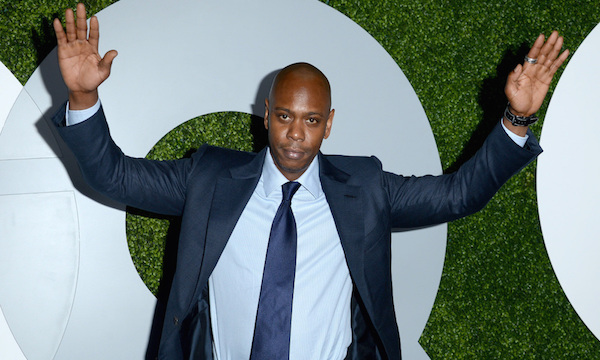
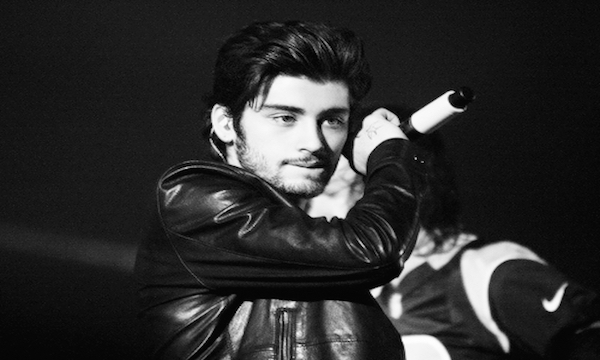
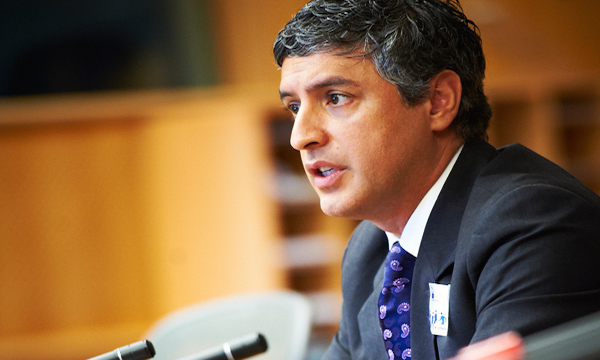

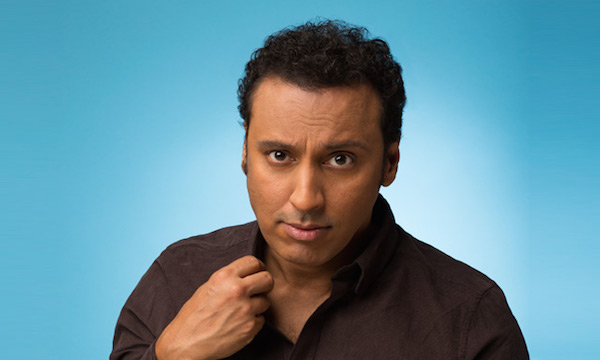
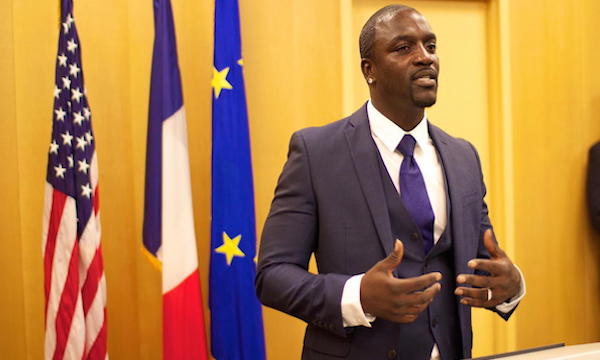
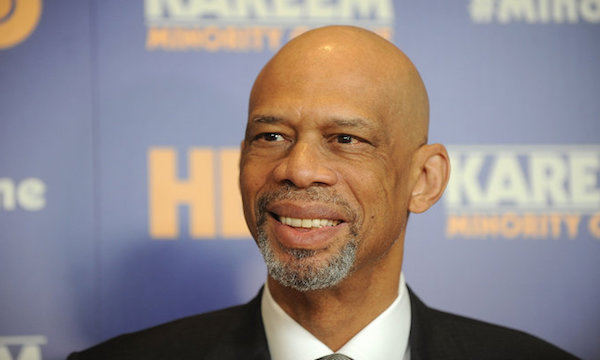
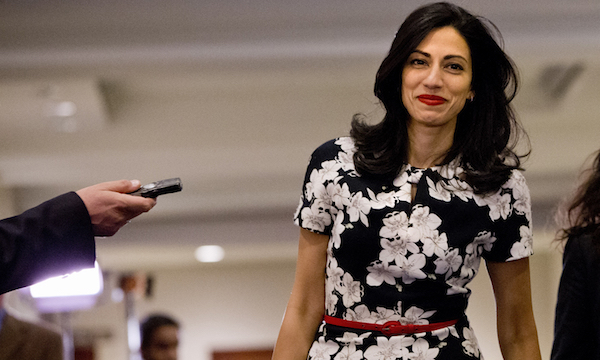



















Cat Stevens is British and still lives there. He was never an American.